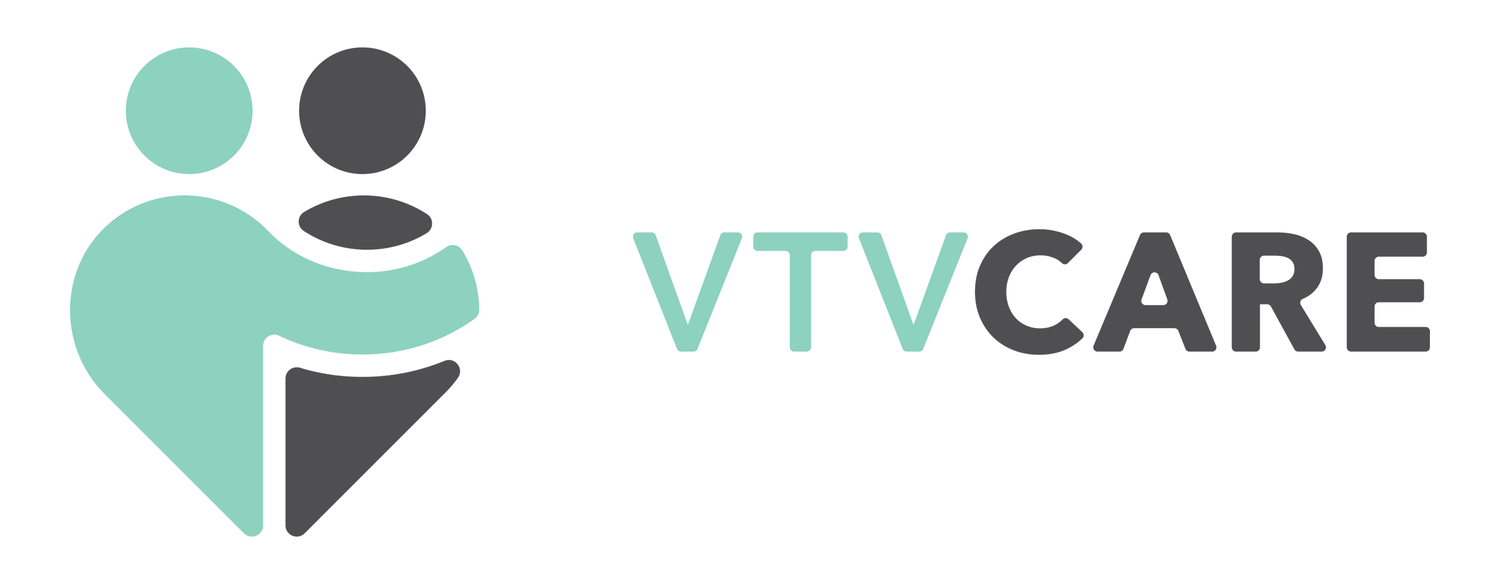
Resources to help
Compiled by Survivors for Survivors
VTVCare YouTube Channel
Check out our YouTube Channel to hear stories of Strength, Support, and Healing!
VTVCare brings together survivors, families, and advocates to create a lifeline of support for those impacted by mass violence. These powerful videos showcase the raw stories of survivors and the vital role VTVCare plays in their journeys to recovery.
Take a Moment to Breathe
The VTV Family Outreach Foundation’s Crisis Response Team and VTVCare
If you or someone you know has been impacted by mass gun violence, please know we are here to help. A survivor is standing by.
VTV’s Crisis Response Team is compiled of trained survivors ready to help individuals and communities in need. Our team respects your privacy and dignity. We follow trauma-informed practices based on current literature and evidence based practices. Our approach to assistance and the foundation to our organization is based on compassion, empathy, and understanding for all.
We’re not just here in the days and weeks that follow an incident. We’re here for the long-haul, to help ensure you’re equipped with the resources and assistance you and your community need to navigate through the ramifications of mass gun violence. We’re here to support you because we strongly believe no one should have to navigate through grief and trauma of this measure alone.
Additional Resources:
Victims First: “A network of surviving victims of mass casualty crime and trusted supporters who have first-hand experiences of the problems and re-victimization that accompany these acts when there is a lack of coordinated effort and/or understanding of what survivors need.”
Mass Violence Survivors Fund: a 501c3 nonprofit that “collects and distributes charitable contributions in the aftermath of mass violence”.
Survivors in Solidarity Facebook Group: a peer-support based group of mass violence survivors.
The National Mass Violence Victimization Resource Center: Established in October of 2017 in partnership with the Office for Victims of Crime within the Office of Justice Programs, U.S. Department of Justice, this multi-disciplinary team of professionals “serves as the source for best evidence to achieve a social understanding of mass violence upon which civic leaders, mental health professionals, journalists, policy makers, and victim assistance professionals can rely”. The NMVC has accumulated a great deal of information about practical things people can do to help reduce the stress produced by mass gun violence and to live a more resilient life.
Resources for Parents on Mass Violence developed by the National Child Traumatic Stress Network
ALICE Training Toolkit: Recovery Plan for Schools After Violence: the “original civilian active shooter response training program delivered with a trauma-informed approach”.
Coping with Traumatic Events (NIH): Some helpful tips from the National Institute of Mental Health.




